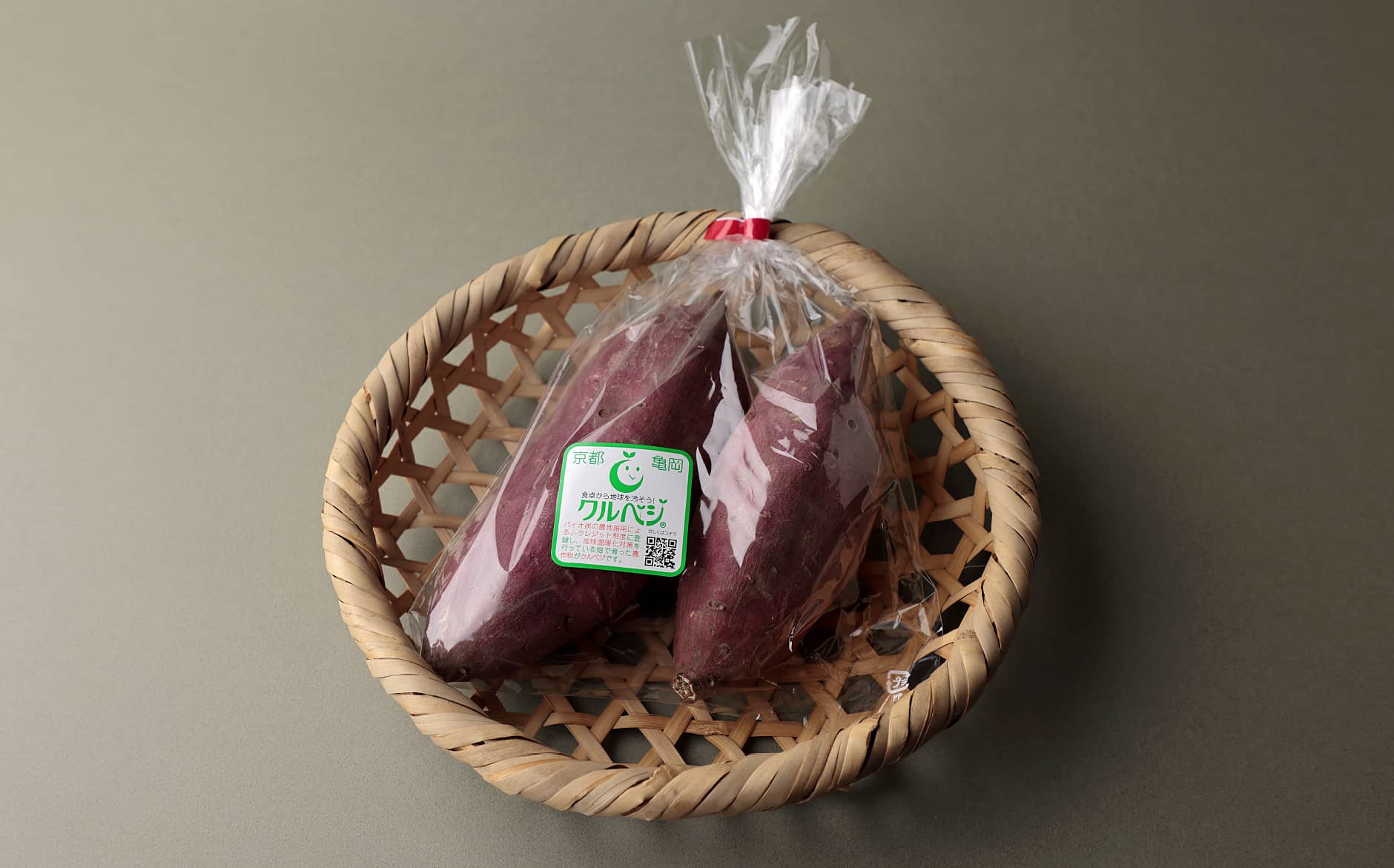In the urgent fight against global warming, for which immediate CO₂ reduction is crucial, Akira Shibata promotes the use of biochar for carbon storage as an effective means to decrease the total amount of carbon on the Earth’s surface, creating a “carbon minus” (carbon negative) approach. He is leading projects that integrate with agriculture to achieve both agricultural revitalization and CO₂-level reduction.
Carbon Minus (Carbon Negative) is Essential for Preventing Global Warming
In its latest report published in March 2023, the Intergovernmental Panel on Climate Change (IPCC) warned that there is a high likelihood of surpassing the global warming threshold of 1.5℃ above pre-industrial levels. The IPCC has urged nations to decrease the global carbon dioxide (CO₂) emissions to half by 2030 to prevent this scenario.
Japan announced in April 2021 its goal to reduce greenhouse gas emissions by 46% by 2030 compared to 2013. “However, even with a 46% reduction, 54% of emissions continue to increase, and this will not decrease the total carbon stock on the earth’s surface.” Shibata points out. He strongly advocates for the need of “Carbon Minus” (carbon negative) to reduce the total circulating carbon on the earth’s surface.
Carbon on the earth’s surface exists in the atmosphere, oceans, or within flora and fauna as biomass. “While the concept of ‘carbon neutral’ maintains a balance between carbon emissions and absorption on the Earth’s surface. But, it does not reduce existing carbon stocks on the earth’s surface. In order to reduce the total amount of circulating carbon on the earth's surface, which continues to increase due to “carbon plus'',”carbon minus (long-term carbon sequestration)'' is necessary for stable carbon sequestration in excess of the positive amount underground or in the sea.'' . Shibata proposes carbon fixation and storage using biochar as an effective means of achieving this goal.
Organic materials, when pyrolyzed in low or no oxygen conditions, undergo carbonization and become biochar, locking in the carbon in a solid form. Unless burned, this carbon does not return to the atmosphere. By burying it, carbon can be seqested permanently. According to Shibata, biochar made from woody materials can contain about 80% of its weight as the fixed carbon. “What is particularly noteworthy is the length of storage time. The half-life of fixed carbon in biochar in the soil is estimated to be between 120 years and 10,000 years.”
There are other ways to reduce carbon on the earth's surface. “The method of increasing forests through afforestation has a short carbon sequestration period of several decades, so it cannot be said to be effective. New technologies such as ocean alkalization and the Direct Air Carbon Capture and Storage (DACCS) have been developed, but there is still much more to be done. Despite their potential, they remain expensive and have not yet become widely available. Therefore, I believe that biochar is the most promising option at the moment.”
‘Cool Vege’ Sales and J-Credit: Monetizing Carbon Storage with Biochar
Shibata is currently dedicated to promoting the widespread adoption of carbon storage through biochar in society. To sustainably expand this initiative, an economically viable structure is essential. Hence, Shibata proposes a socio-economic model that collaborates with agriculture to create a new revenue structure in agriculture, simultaneously achieving regional revitalization and CO₂ reduction. This model arises from a concern over the decline of Japan’s agriculture, forestry, and fisheries industries and the resultant stagnation in rural areas.
Shibata presents two revenue streams in this model. One leverages the soil enhancement properties of biochar when applied to farmland, thereby increasing the value of crops produced, which are then marketed to consumers as ‘environmentally conscious agricultural products,’ generating revenue for farmers. Shibata has already established a system that certifies vegetables grown on biochar- farmland application as Cool Vege, a carbon-storing vegetable brand. “Cool Vege has a strength in quantifying and explicitly displaying CO₂ reduction. Purchasing ‘Cool Vege’ brand vegetables makes the contribution to climate action visible. In addition to being safe, secure, and delicious, these vegetables quantitatively demonstrate added value in natural environmental conservation.”

The second revenue stream involves selling carbon credits (J-Credits). J-Credit is a system where CO₂ emission reductions or removals are quantified, certified by the government, and allowed to be traded. If the carbon storage in farmland through biochar is certified as a J-Credit, it can be purchased by companies and municipalities working towards environmental goals.
“The fact that the IPCC specified ‘carbon storage in farmland’ as an effective method in Special Report on Global Warming of 1.5℃(SR15)has acted as a tailwind, and in September 2020, carbon fixed by biochar application to farmland became certifiable as a J-Credit,” Shibata explains. “Returning the profits from ‘J-Credit’ to farmers and using them to purchase and utilize more biochar creates a sustainable funding cycle,” he adds further.
Shibata has set up a system for acquiring J-Credits through the Japan Cool Vege Association, which he leads, and this scheme is now managed by the Japan Biochar Consortium established within Ritsumeikan University. “In 2022, about 250 tons of CO₂ reduction were certified as J-Credits. The number of participating farmers is increasing, and we expect about 750 tons to be approved in June 2023,” Shibata reports. He remains dedicated to further developing these initiatives.